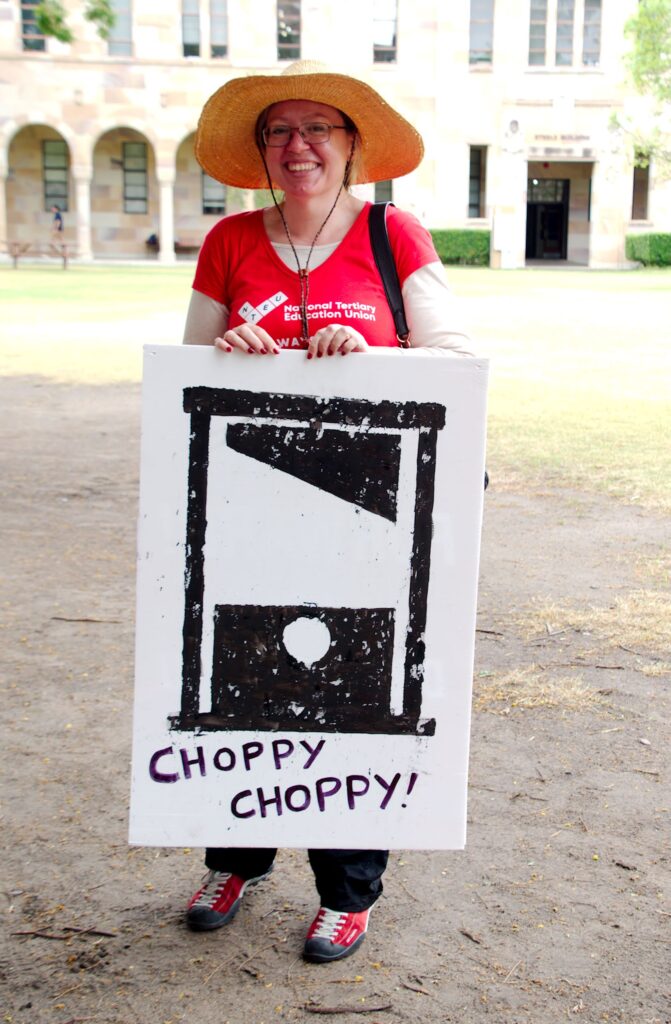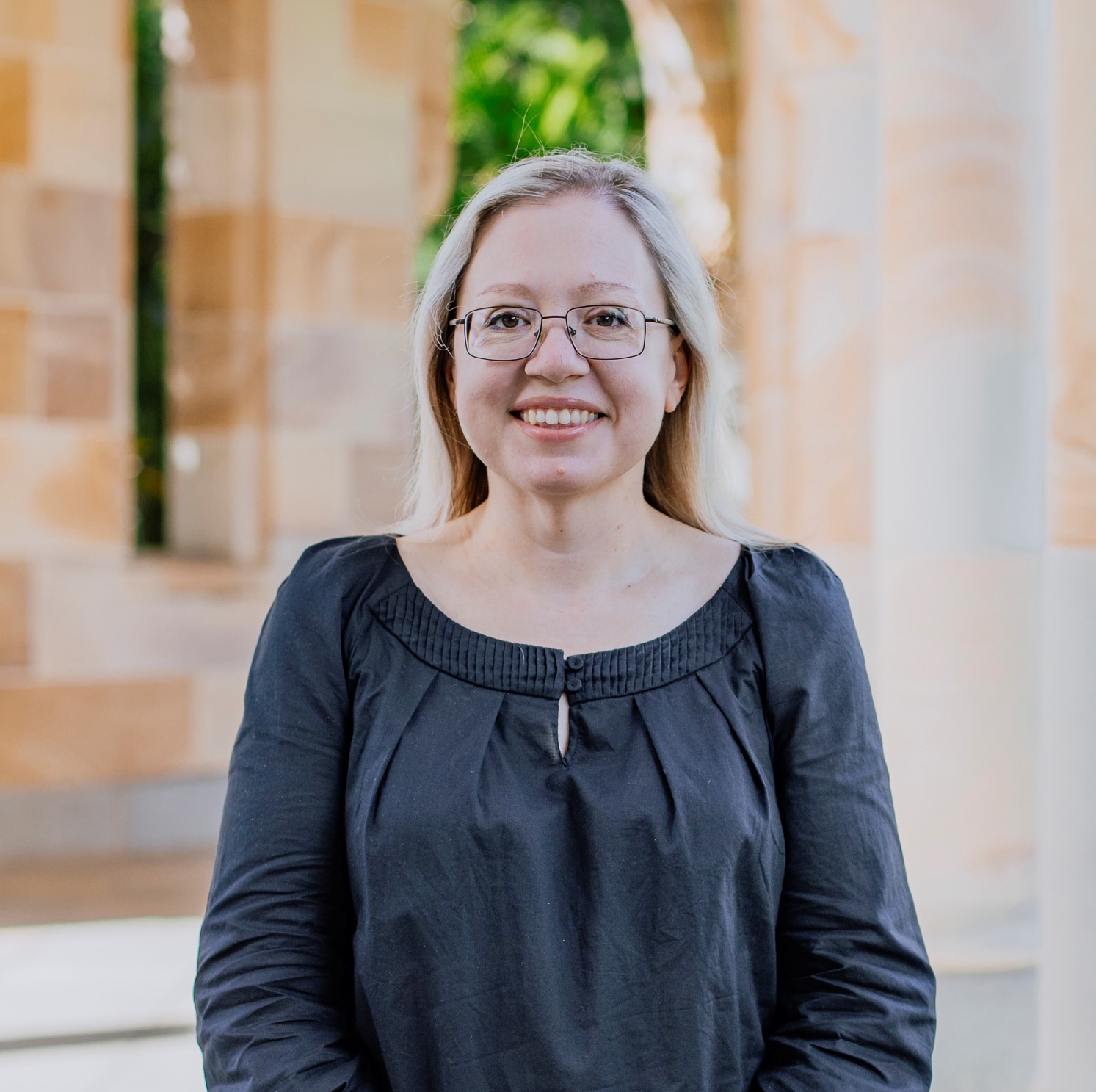Dr Annie Pohlman completed the Flexible Language Immersion Program and East Java Field Study in 2002, as part of her Bachelor of Arts (Honours) at the University of Queensland.
Now a Senior Lecturer in Indonesian Studies at UQ, Annie describes her decision to study in Indonesia through Acicis as “the best thing I ever did, career-wise.” It was during that year in Yogyakarta and Malang that she discovered her path as a researcher and academic.
Then an undergraduate student, she joined the Flexible Language Immersion Program (FLIP) at Universitas Gadjah Mada (UGM), followed by the East Java Field Study (EJFS) at Universitas Muhammadiyah Malang (UMM). “It convinced me that I wanted to specialise in Indonesia,” she said, “that I wanted to become a researcher.”
At UGM, Annie completed a research assignment that took her to the women’s crisis centre, Rifka Annisa. “It was an eye-opening experience, and a challenging one,” she recalled. “But rewarding in the end, and a great training program for the longer research project at UMM.”
Her time in Malang allowed for deeper fieldwork. There, she began interviewing survivors of the 1965–66 mass killings, research that would shape her academic focus for years to come. The experience gave her a direct sense of how field-based learning could inform scholarly work.
There were, of course, setbacks along the way. Language learning was demanding, and the program was interrupted when the 2002 Bali bombings forced participants to return home early. Even so, the less structured aspects of daily life offered some of the most valuable insights.

“Probably the most useful were the chats that I had with my Ibu Kos,” Annie said. “She would explain all sorts of things to me: from what arisan meetings were about, to neighbourhood gossip, to social expectations around unmarried women, heaps!”
She also remembered the frustrations that came with improving fluency: “the struggle to find the words to express yourself,” and, at times, “the occasional sakit perut,” which “gets to everyone, but you learn to deal with it.”
For Annie, the year was a turning point. “My year in Indonesia with Acicis was a formation one for me.” It gave her not only language skills but also early experience in fieldwork, both essential to her current role.
The path to a stable academic position wasn’t immediate. “The pathway into academia is not easy, or financially stable,” she said. “I spent a long time doing postgraduate study and an even longer time in insecure work through casual tutoring and contract appointments. Insecure work is a plague upon the higher education industry.”
Still, she remains deeply committed to Indonesian studies, and grateful for where it began. Looking back, she said, “If I could study again with Acicis, I would do all of the Indonesian language programs.” Her only regret? “I would find the best warung in the area and then find a kos proximate to the warung.”
Her message is clear: “Sign up now! But when you get to Indonesia, make the most of it! Acicis will provide you with a program, but it’s entirely up to you to make the most of this opportunity. What you put in is what you’ll get out. So push yourself, and you will be rewarded.”



